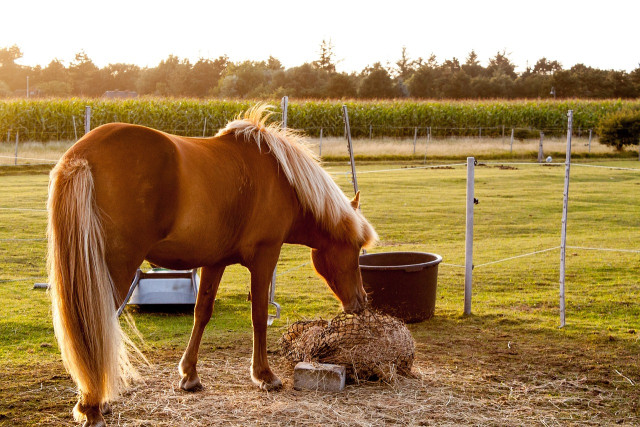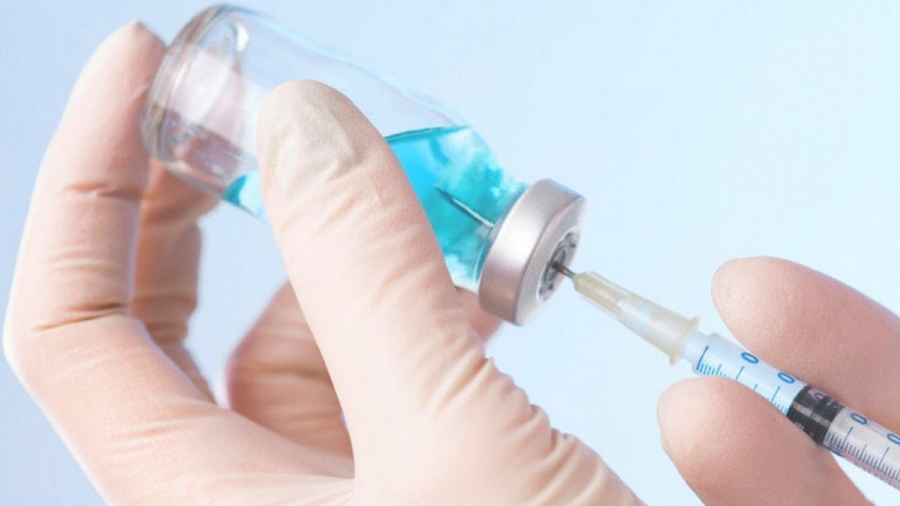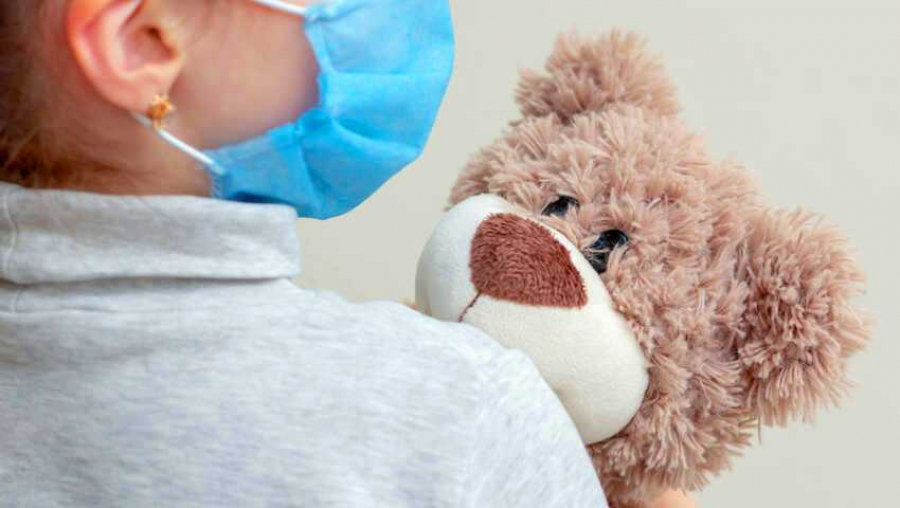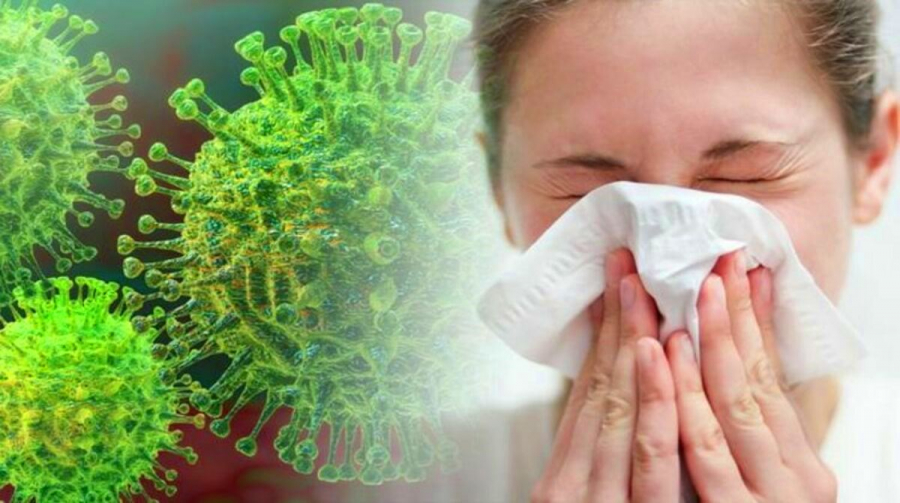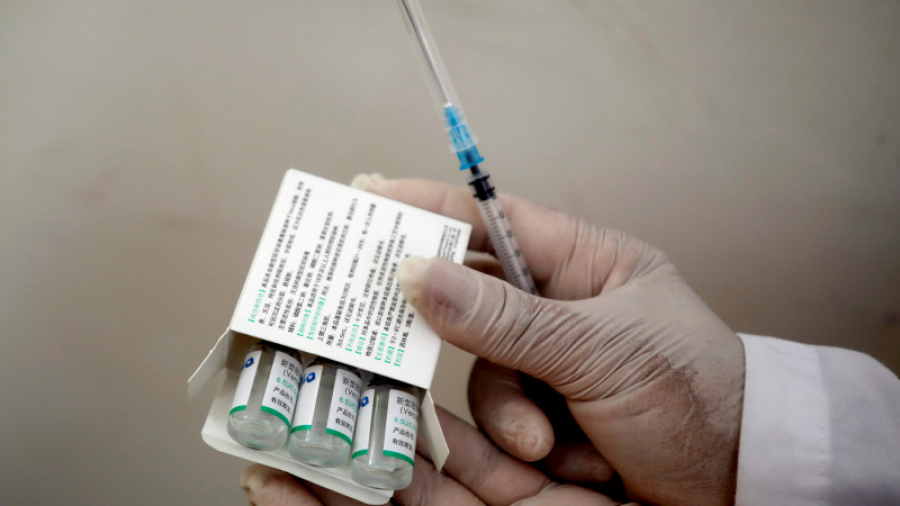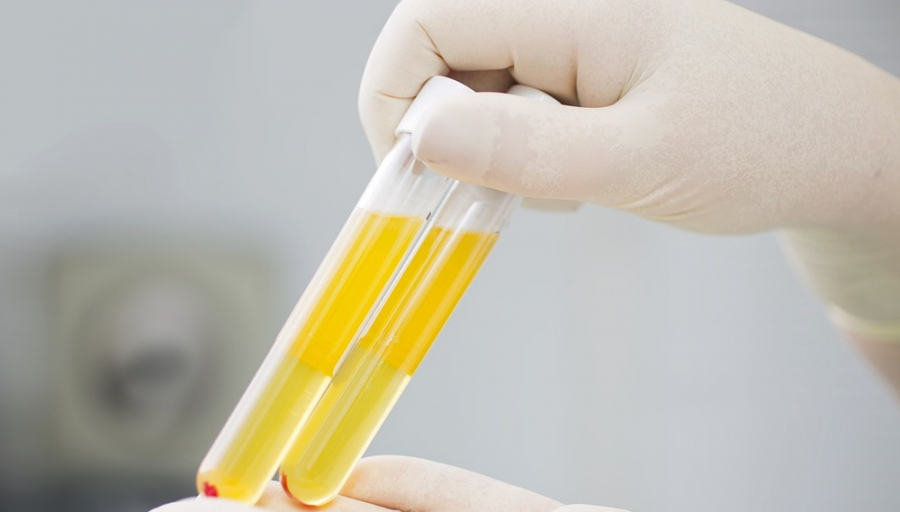
The world must be prepared for any challenges in the form of new viral mutations and their spread. All countries must come together, in light of the COVID-19 pandemic experience. This was stated by participants of the international forum in Astana dedicated to the fight against COVID-19 by domestic scientists. During the event, Kunsulu Zakaria, the President of the National Academy of Sciences and one of the developers of the QazVac vaccine, presented a special book highlighting the achievements of Kazakh researchers who created the vaccine within a short period of time. According to her, the book unveils the full cycle of vaccine creation, from research and clinical trials to the launch of production.
“Thanks to the efforts of Kazakhstan’s leadership, particularly the direct order of President Kassym-Jomart Tokayev and his direct supervision, we have built the first large full-cycle biopharmaceutical plant in Kazakhstan and Central Asia, which has an international Certificate of Good Manufacturing Practice (GMP), and developed the QazVac vaccine. We have produced over six million doses of vaccine. Thus, we have saved the lives and health of 6.5 million Kazakh citizens when they got vaccinated and revaccinated,” said Zakaria.
The forum was attended by renowned scientists, including geneticists, virologists and epidemiologists not only from Kazakhstan, but from the U.S., Turkey, Austria and Kyrgyzstan. The experts unanimously agree that the created vaccines need to be improved, as only in this way they will not lose their effectiveness.
“We must learn from the lessons we have gained from Covid-19. We need to learn how to rapidly prevent new diseases and develop treatment methods to minimize the impact of this virus. We should not wait until the virus hits, but rather anticipate the potential emergence of new types of viruses. Scientists should conduct research to identify which of the upcoming viruses could be more dangerous. And we should probably already be developing vaccine candidates and storing them, which would allow their rapid production in factories if the virus does indeed emerge,” Shoukhrat Mitalipov, Director of the OHSU Center for Embryonic Cell and Gene Therapy in the U.S., said.



